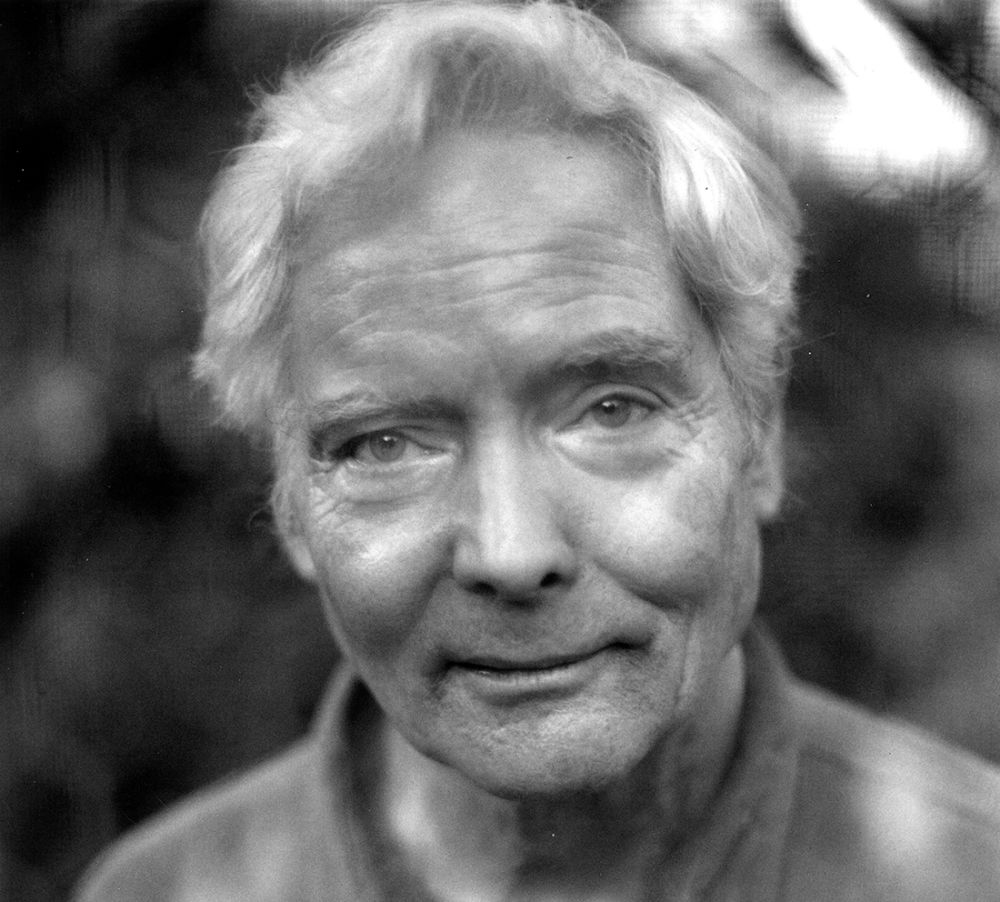We’re sad to report that W. S. Merwin, one of America’s finest poets, has died at age ninety-one. The recipient of nearly every literary award imaginable, Merwin was incredibly prolific over the course of his long career, and this shows in the amount of work he contributed to The Paris Review: thirty-six poems, a short story, an essay, selections from a travel journal, and an Art of Poetry interview. “The kind of writing that matters most to me is something you don’t learn about,” Merwin tells Edward Hirsch in his interview. “It’s constantly coming out of what I don’t know rather than what I do know. I find it as I go. In a sense, much that is learned is bound to be bad habits. You’re always beginning again.”
Merwin’s first appearance in these pages was in the Winter 1955 issue, to which he contributed the poem “Sow.” Even in this early poem, published just three years after he won the prestigious Yale Younger Poets Prize, one can see the clarion language and careful curiosity about nature that define so much of his work. “There is an archipelago rising,” it begins. “Out of the green waters that, rippling / And swaying, are the oak tree’s shadow / In the afternoon wood.”
But Merwin was more than a mere observer; he was an activist, too, and fought throughout his life to oppose war and direct attention to environmental issues. He lived for a long time in Hawaii, where he helped restore the land around his house into one of the most comprehensive palm forests on the planet. “We don’t have to be sentimental and pious about it,” Merwin says about nature, “but we can’t turn our backs on that fact and survive. When we destroy the so-called natural world around us we’re simply destroying ourselves. And I think it’s irreversible.”
Below, we’ve rounded up a few of our favorite Merwin poems from the archive.
From the Autumn–Winter 1957 issue, “The Frozen Sea”:
We walked on it, in the very flesh
No different only colder, as was
The sea itself. It was simple as that.
Only, the wind would not have it, would not
Have it: the whiteness at last
Bearing us up where we would go …
From the Winter 1987 issue, “The Solstice”:
They say the sun will come back
at midnight
after all
my one lovebut we know how the minutes
fly out into
the dark trees
and vanish …
From the Summer 2004 issue, “To the Dog Stars”:
But there is only one of you
they say as though they knew
and it may even be true
one moment at a time
along the journey of light
yet they keep finding you …
from The Paris Review https://ift.tt/2O720VX

Comments
Post a Comment